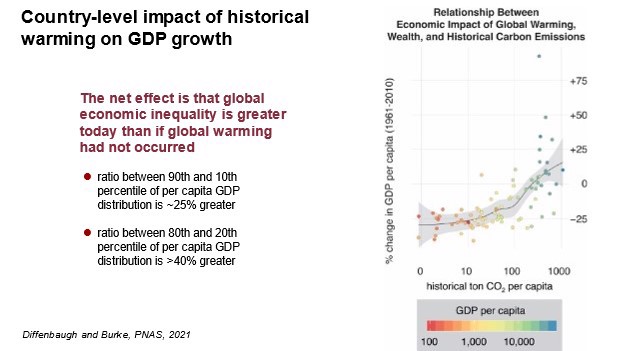SEC Proposed Rules to Enhance and Standardize Climate-Related Disclosures for Investors Under Review Mean New Board Roles Ahead
In March, the Securities and Exchange Commission proposed rule changes that would require registrants to include certain climate-related disclosures in their registration statements and periodic reports, including information about climate-related risks that are reasonably likely to have a material impact on their business, results of operations, or financial condition, and certain climate-related financial statement metrics in a note to their audited financial statements. The required information about climate-related risks also would include disclosure of a registrant’s greenhouse gas emissions, which have become a commonly used metric to assess a registrant’s exposure to such risks.
The comment period for the SEC’s proposal ended on June 17th, setting an impressive record for both volume of responses (14,000 letters posted as received) and for the width of array of people, organizations, diverse groups and opinions, compared with any prior proposed rules. While the SEC proposal struck a nerve, the difference in views certainly suggests there is much work ahead to settle on public policy.
Nevertheless, we know it is an important topic to address. The impact of climate change hits companies on many fronts and it should cause companies to take climate change risks seriously. Studies repeatedly confirm that companies which take climate change risks seriously report better financial results and stock market performance than those who do not. Understanding what to track and what technology is the most useful to help companies oversee the impact and improvements is still new work for management and boards.

What Board Directors Should Consider
Should the SEC climate disclosure rules pass, climate risk oversight will be a key board agenda item.
It’s wise to start learning and preparing for this new area. Directors can begin discussing and understanding the relationship between climate impact, technology and business performance. Ask the strategic questions to understand the relationship among all the moving parts.
Secure expert guidance on how to analyze the climate risk fully and determine what are the most effective ways to oversee the risk over time. Weigh the risk of waiting and its long-term costs versus the costs and options for investments to manage the risk.
This is a new area of expertise for many board directors. Educating and preparing them will prepare them for their work ahead will be key. Take the time to engage experts to help directors, who will need to understand both the risks and the tools and technology that help them to provide solutions and effective oversight.
It is all right to be a novice director on the topic, as long as you are eager to learn. As Brian Barnier, our Boardwise risk management partner always reminds us, “to learn, learn first to ask the right questions. The right design comes from the answers to the questions.”









